What is the definition of Learned Behavior in parenting?
In psychology, learned behavior is an action developed through experience or observation rather than instinct. This concept originates from B.F. Skinner’s theory of Operant Conditioning, which sought to explain how behaviors are reinforced by rewards or punishments.
Skinner studied rats, however. Peaceful parenting recognizes that children are far more complex. Children often “learn” disrespect not because they are bad, but because they are mirroring the conflict resolution styles they see at home or trying to get a need met in the only way that seems to work.
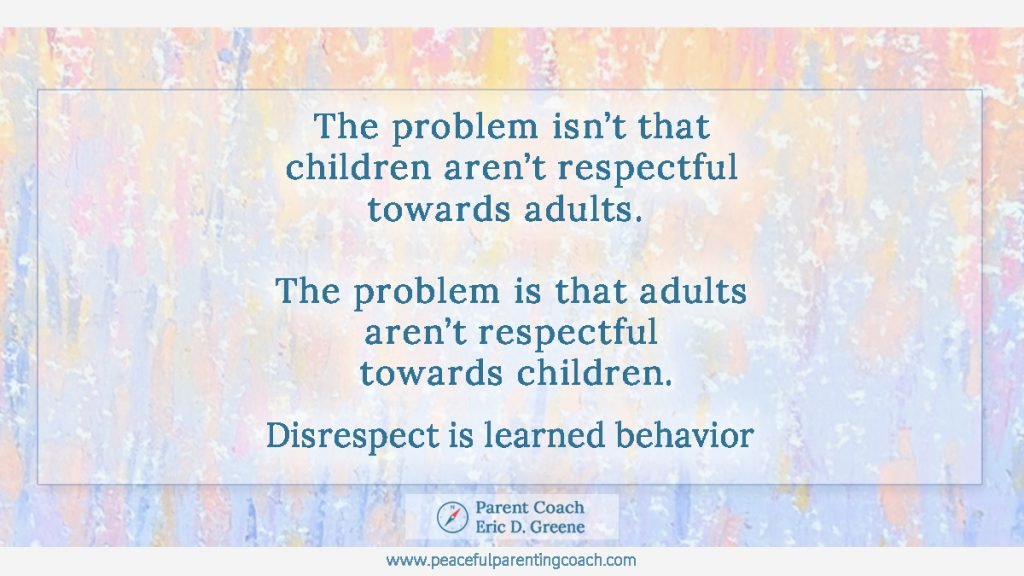
The Biblical Definition of Respect vs. Fear
Many parents feel their children are being “disrespectful” when they don’t immediately obey. However, this often comes from a translation confusion. In the original texts, there are two very different words often translated as “respect”:
1. Phobos (Fear)
This Greek word (where we get “phobia”) implies terror or avoiding punishment. When parents yell to get compliance, they are often demanding phobos. This works temporarily, but it triggers a child’s survival brain, not their learning brain.
2. Timē (Value)
The word used in “Honor your father and mother” implies timē (Greek) or kabad (Hebrew).
Timē means “to set a price on” or “to value highly” and Kabad literally means “heavy” or “weighty.”
The Peaceful Parenting Shift:
To honor someone means to give their words “weight.” If you want your child to give weight to your words (Kabad), you cannot simply demand it through fear (Phobos). You must build a relationship where your child values your guidance because they feel valued by you.
The Real Problem
The problem isn’t that children aren’t respectful towards adults. The problem is that adults aren’t respectful towards children.
Respect is a learned behavior. So is disrespect. And the only way to truly teach being respectful of others is to model it. No threats or demands or insistence or trying to control behaviors is ever really going to work.
You can teach kids to fake being respectful. Or you can teach kids to be fearful. But let’s not pretend that’s real respect.
Respect and Disrespect are both learned behavior.
We need to understand deeply that both respect and disrespect are learned behavior.
If we want our children to learn to act respectfully of others, there is no other way around it, we must act respectfully towards them and towards others.
If the adults can’t learn true respect, then how can we expect children to learn true respect?
No amount of words will compare to the way we treat them. Nothing we say or try to teach. It comes from being respectful towards our children first.
Parents not only have to model respectful behavior toward others, but they also have to show they respect their own kids.
If respect is learned, it can also be unlearned. But unlearning reactive patterns (like yelling or shaming) is harder than learning them.
In my book, Peaceful Parenting Basics, I go into more details, to help you catch yourself before you model the behavior you hate.
Download the Ebook to Start Unlearning Today (use code COMPASS10 for extra discount)
How to truly teach respect
Here are some suggestions for how to truly teach respect to children:
- By treating them well in our own actions and attitudes towards them
- By not insulting them, interrupting them or speaking rudely to them.
- By not harming, abusing or mistreating them in any way.
- Not spanking, not smacking, not slapping or popping them on the behind (however lightly and non-harmful we are telling ourselves it is)
- By showing them appreciation and dignity, instead of as a second class citizen of the house.
- By the way we talk to them, even when we are trying to correct behavior (although correcting behavior isn’t really a goal in peaceful parenting).
- By asking for their consent before picking them up or moving them about.
- By showing we respect their privacy and their bodily autonomy.
- By acknowledging and validating their wants, needs and desires, instead of scolding shaming and dismissing them.
Children are people too
The thing to we need to remember is this. Children are people too. Every bit a person as much as anyone else. In other words, children aren’t in a period of training to become real people at a certain date.
Unfortunately, I think all this does need to be said, for those who aren’t quite there yet. For those who still have the unconscious view of children as second class citizens that can be shouted down at, shamed, spanked and disregarded.
If our own children are going to learn real respect (which is not the same as learning to fear people), then we parents need to model respectful behavior.
Again, respect is learned behavior. Disrespect is learned behavior too.
What are you teaching your child about respect?
Follow me on
Get peaceful parenting coaching with me


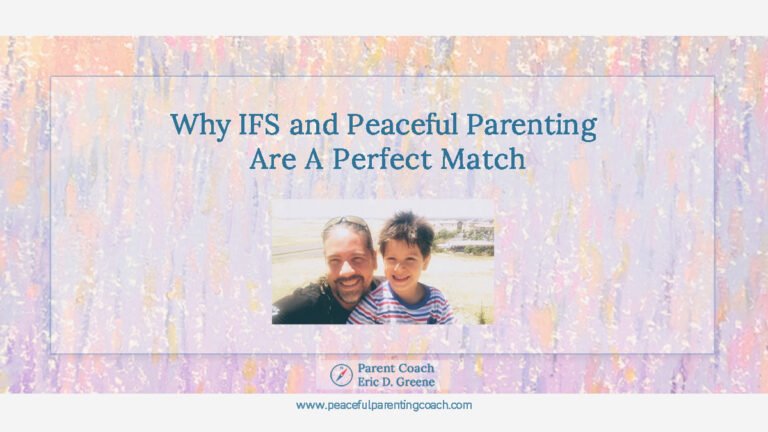
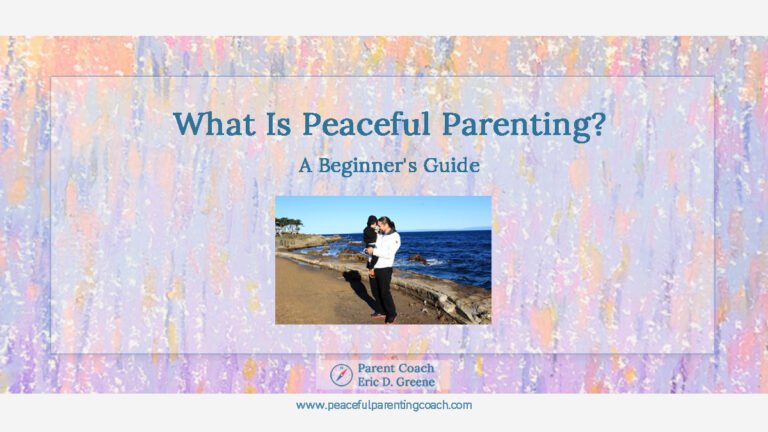
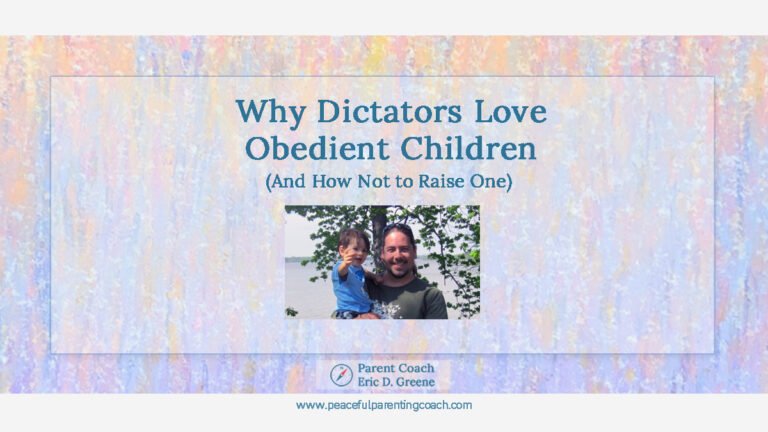
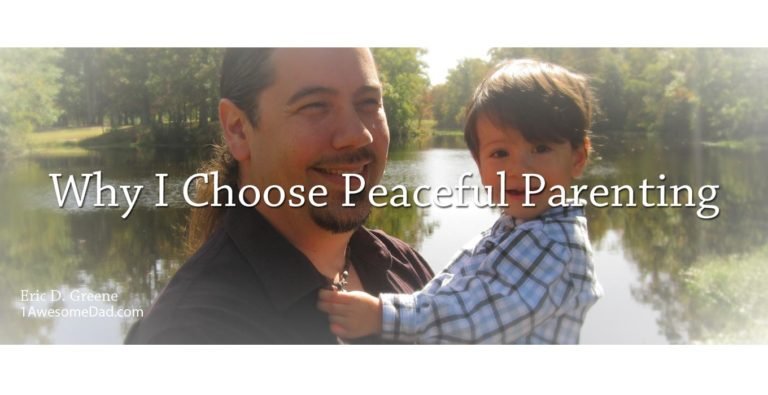
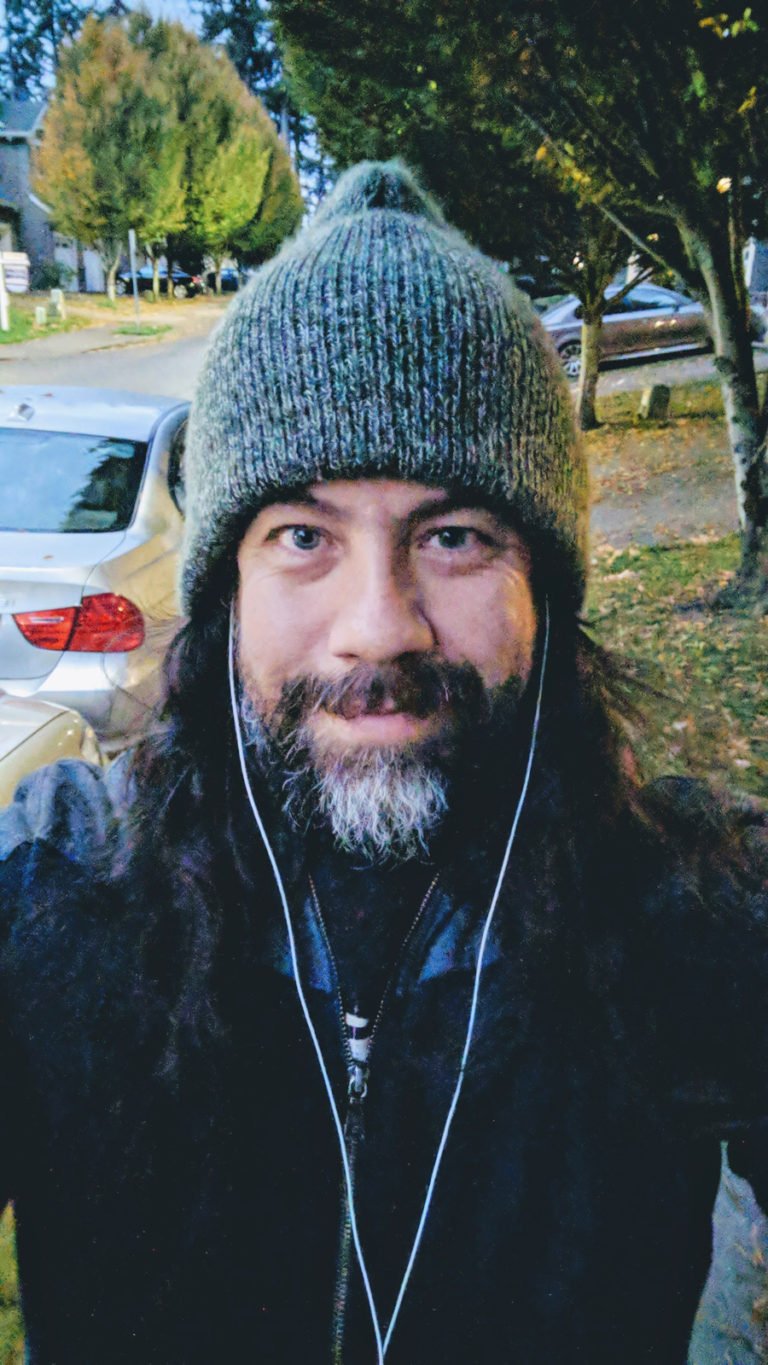
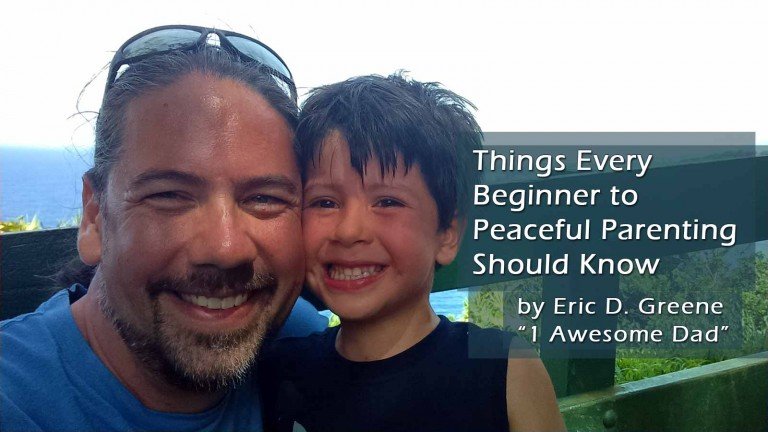
This is real talk Eric. More people need to understand this.
A truly amazing sentiment, one I cannot believe more people do not echo: “Children are people to”.
I love how you state that. Respect truly is a learned behavior and your tips on teaching it leave nothing out to my eye.